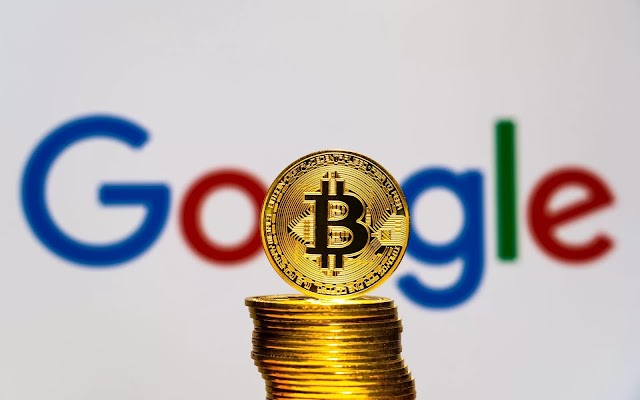A computer scientist with a doctorate from Stanford University, Dr. Kokkalis has a history of breaking new ground. In 2018, he co-founded Pi Network, which poses a daring challenge to conventional wisdom about how cryptocurrencies are distributed. Microsoft was interested in his scholarly work, though. The effectiveness of "crowdsourcing," or the process of assigning work to a big, geographically dispersed group of people, is the subject of Kokkalis's research. Is this his most important discovery? We can greatly improve the pace of work completion by releasing multi-step action plans that we have broken down into simpler forms and then using crowdsourcing platforms.
This is very in line with the difficulties encountered in today's dispersed and complicated workplaces. Team members' varied skill sets, physical locations, and available time are common challenges. According to Kokkalis's findings, crowdsourcing could be the answer. Consider a marketing team that has to convert information into different languages. They might crowdsource the translation instead of hiring a human, drawing on the knowledge of people all around the world who are fluent in the target language. This not only makes things go more quickly, but it also has the ability to improve the translation's breadth and depth.
Nonetheless, queries persist. In order to guarantee accurate results, crowdsourcing systems should have strong methods for moderation and quality control. Also, we need to pay close attention to data privacy concerns and ethical considerations when choosing tasks. Also, not every job can be broken down into small enough bits to be crowdsourced.
In spite of these obstacles, the fact that Dr. Kokkalis was included in Microsoft's Future of Work Report shows that crowdsourcing is being more acknowledged. Improving crowdsourcing platforms and ethical frameworks could lead to a future where collective intelligence is used to unleash greater levels of collaboration and production as technology keeps getting better.
The very essence of Pi Network is an explorer's spirit. Its goal is to make bitcoin mining accessible to everyone by utilizing distributed computing through a mobile phone app. The future of labor may simply entail harnessing the strength of the crowd, according to Dr. Kokkalis, who was included in Microsoft's assessment. Whether Pi Network achieves its ambitious goals is still up in the air.
The discussion is just getting started. It will be essential to comprehend and make use of cutting-edge techniques like crowdsourcing as we traverse the constantly evolving world of work. A future where distributed intelligence isn't merely a possibility but a key driver of advancement is seen into by Dr. Kokkalis's study. Is the crowd something you're comfortable with?
📚 Pi Network Co-founder Cited in Microsoft's Future of Work Report 2023!
— The Times of PiNetwork (@PiNetwork24X7) February 10, 2024
Dr. Nicolas Kokkalis, one of the Pi Founders, has been featured in Microsoft's Future of Work Report 2023. His groundbreaking academic work demonstrates how high-level tasks can be effectively broken down… https://t.co/U8uBraVMnH pic.twitter.com/NwUUmD1wZL






0 Comments